In his column in the Weekend Australian just before Christmas demographer Bernard Salt expressed his fear that the Australian language is being so swamped by Americanisms it is about to die. He is not alone. In 2006, Hugh Lunn published Lost for Words as his lament for our dying language. But once again the funeral notice for Aussie English was premature. Scores of others have expressed the same fear for almost a century. It has not happened yet. Further evidence of the continuing strength of Aussie English came when Lake Superior State University issued their list of ‘Banished Words’ for 2022 (something they’ve been doing annually since 1976). Number two on this year’s list was ‘no worries’— which the pundits at the LSSU said was: ‘nominated by writers nationwide for misuse and overuse, this phrase incorrectly substitutes for “You’re welcome” when someone says, “Thank you.” A further bungling relates to insensitivity. “If I’m not worried, I don’t want anyone telling me not to worry,” a contributor explicated. “If I am upset, I want to discuss being upset.”’
What tickles us, of course, is that ‘no worries’ is an Australian coinage—recorded in the Australian National Dictionary from 1967, with the earliest citation being from Jack Hibberd’s play White with Wire Wheels (and I’m sure it was part of the spoken language long before its first appearance in print).
The point is that the linguistic trade between Australia and the US is two-way. We pick up what we like of theirs, and they cherry-pick the Australian language in much the same way. This has been going on at least since floods of Yank soldiers passed through Sydney on R and R (rest and recreation) during the Vietnam war. They took back the surfer’s cry of ‘kawabunga’ and many other expressions. Another explosion came in 2000 when the American Olympic commentators delighted in the language being used by the Aussie crews around them and worked it into their broadcasts. One result was the 15th edition of Websters Collegiate Dictionary containing the verb ‘to bludge’—given the distinctly American definition of ‘to goof off’.
So Bernard Salt can stop worrying. Our distinctive dialect remains the most creative and colourful branch of English on the planet; or, to employ the proper technical terms that linguists prefer: Aussie English is as bright as a box of budgies and as strong as a Mallee bull (and we can go back to chuckling over the Yanks’ inability to feel comfortable with ‘no worries’).
A Speccie reader has asked me to explain the expression ‘non-binary’. It was coined in 1941 as a scientific term meaning ‘not consisting of or involving two parts’, (which I’m sure means something to scientists). But since 1995 it has been taken over as a woke word that rejects the whole concept of gender. ‘Non-binary’ in the world of woke designates a person who does not acknowledge the conventional notions of male and female gender, and instead identifies as being of another or no gender. The way to deal with promoters of ‘non-binary’ is to go back to the world of science where the term was born. Because it’s the scientists who insist that the 23rd pair of genomes are the gender-determining pair, and that there are only two options: either XX or XY. The science is embarrassingly binary, and the only people left to promote the woke meaning of ‘non-binary’ are those who refuse to ‘follow the science’. (Now, where have I heard that expression before?)
Got something to add? Join the discussion and comment below.
Get 10 issues for just $10
Subscribe to The Spectator Australia today for the next 10 magazine issues, plus full online access, for just $10.
Contact Kel at www.ozwords.com.au
You might disagree with half of it, but you’ll enjoy reading all of it. Try your first month for free, then just $2 a week for the remainder of your first year.

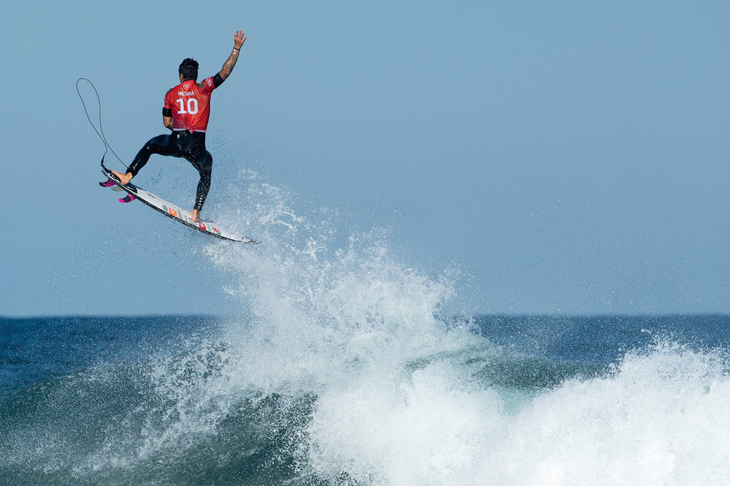
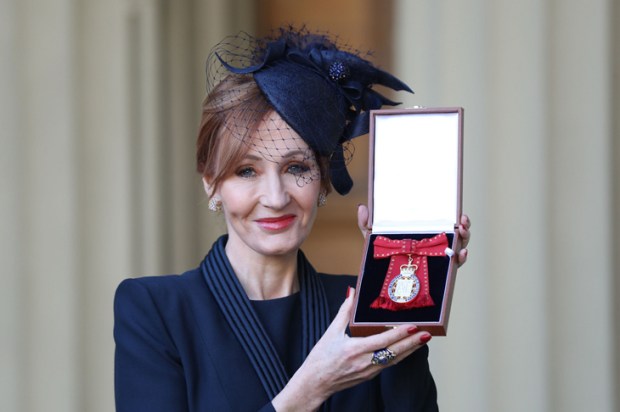
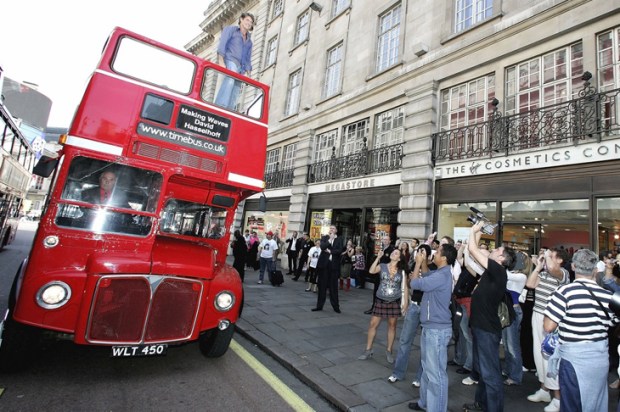

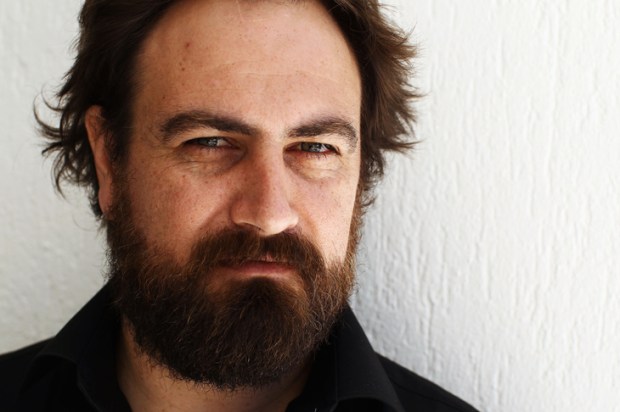
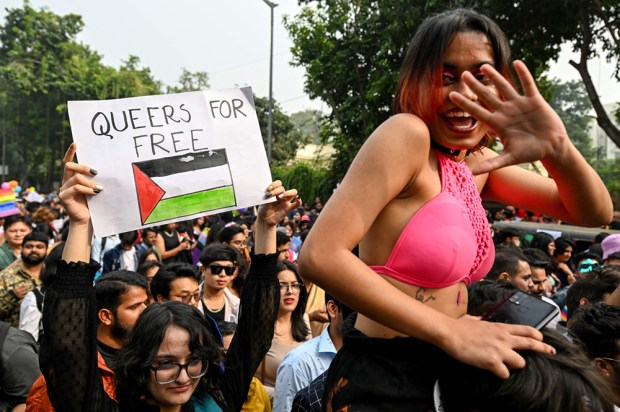







Comments
Don't miss out
Join the conversation with other Spectator Australia readers. Subscribe to leave a comment.
SUBSCRIBEAlready a subscriber? Log in